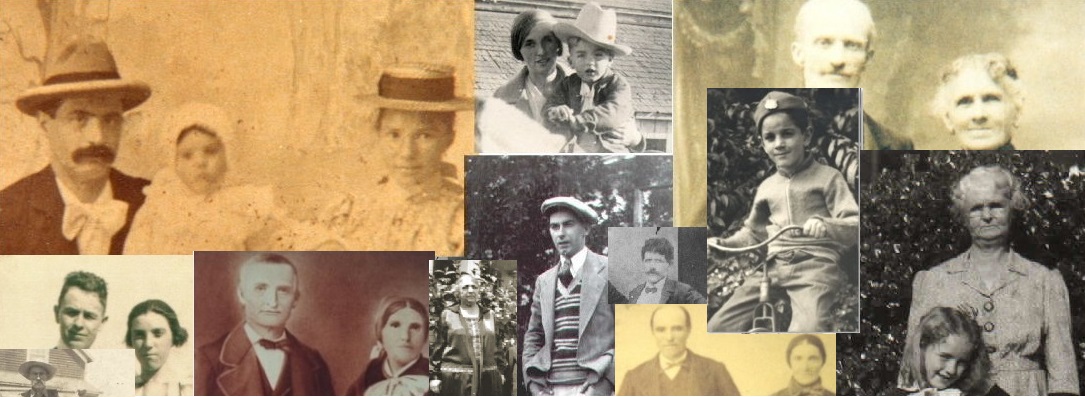Felicianno de Mello was almost a lost ancestor. I knew he was my Great Great Great Grandfather from my Great Great Grandmother’s baptismal record. Though I knew that he was born and married in the town of Maia on Sao Miguel Island, I could not find any record of his birth or marriage. I had his wife’s baptismal, but no Felicianno!
It all came together when I found notes on baptismal records for his nieces and nephews. By Felicianno’s name, their was a notation given by the Priest, “Seu Juris”. What did this Seu Juris mean? It meant that the Priest was swearing to God that this person really was Felicianno de Mello. Why would he do that?
From what I can gather, Felicianno was the son of Joao de Mello and Maria Theresa de Medeiros. Around the age of 18, Felicianno vanishes from the records. It was peculiar because his siblings were witness and Godparents are multiple documents. But, no Felicianno.
It turns out that Felicianno became a soldier about the age of 18. I suspect that Felicianno was drafted and then was stationed away from the islands for some years. He returned home around 1837 when he first appears as the Godfather of Manoel de Mello Castanho. The Priest swore that this was Felicianno, which tells me that Felicianno must have been away several years. Otherwise, there would have been no doubt to his identity.
It explains why Felicianno married in 1840, when his siblings were already on their third and fourth children. Felicianno married Rosa Jacintha Botelho, the daughter of Manoel Botelho da Rocha and Antonia Leonor. Rosa was only 16 while Felicianno was pushing 33.
Felicianno and Rosa went on to have eight children. One was my great great grandmother, Maria da Conceicao (de Mello) de Braga.
I’m not sure when Felicianno died. Azorean death records can be a bit sketchy. His last child was born in 1853. He was alive in 1879 when his last grandchild was born. So, we know he lived to the old age of 72, at least.
Felicianno is the only soldier in my line amongst field laborers and a shoemaker. I wonder if he was drafted as military conscription was mandatory. Though, none of his brothers were soldiers. Perhaps the lack of opportunity in the Azores made him decide to seek his fortune elsewhere.
At any rate, this little bit of information gives me a better idea of who Felicianno might have been. A man who leaves his small village as a teenager. He goes off to soldier for several years. When he returns there is some doubt as to his identity. He waits about 10 years after his return before settling down to marry and raise a family. He probably worked in the fields as most of the other people in his family did. Though there is not much to remember him by, his descendants spread across the globe. They made their way to Hawaii to work the sugar plantations. Then later set their sights on California.






